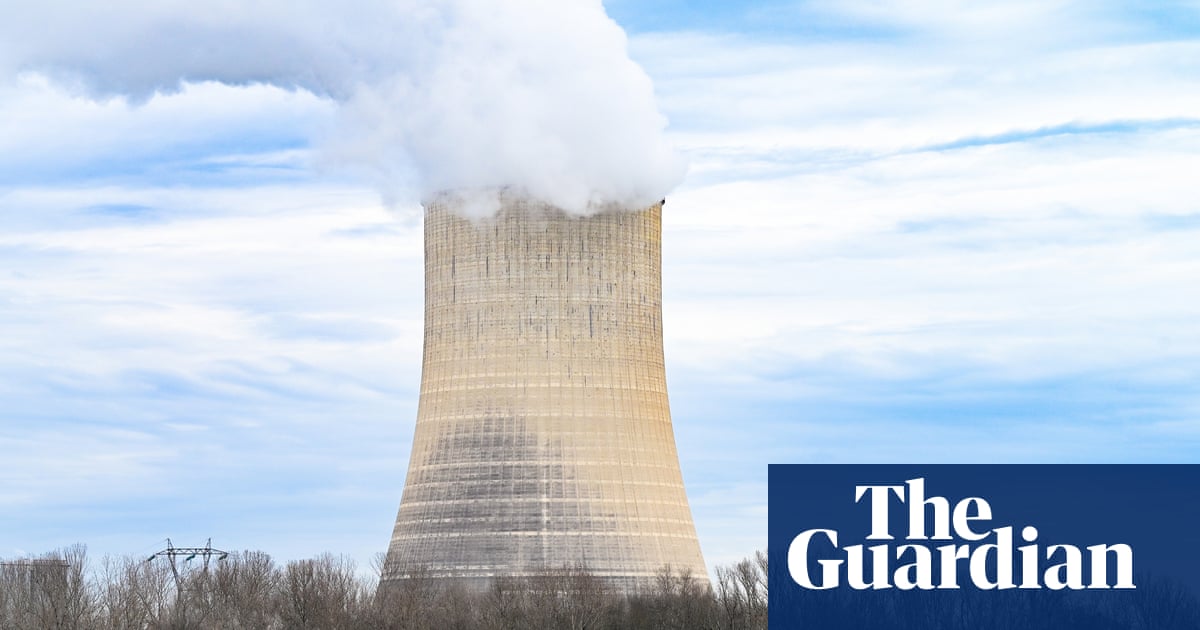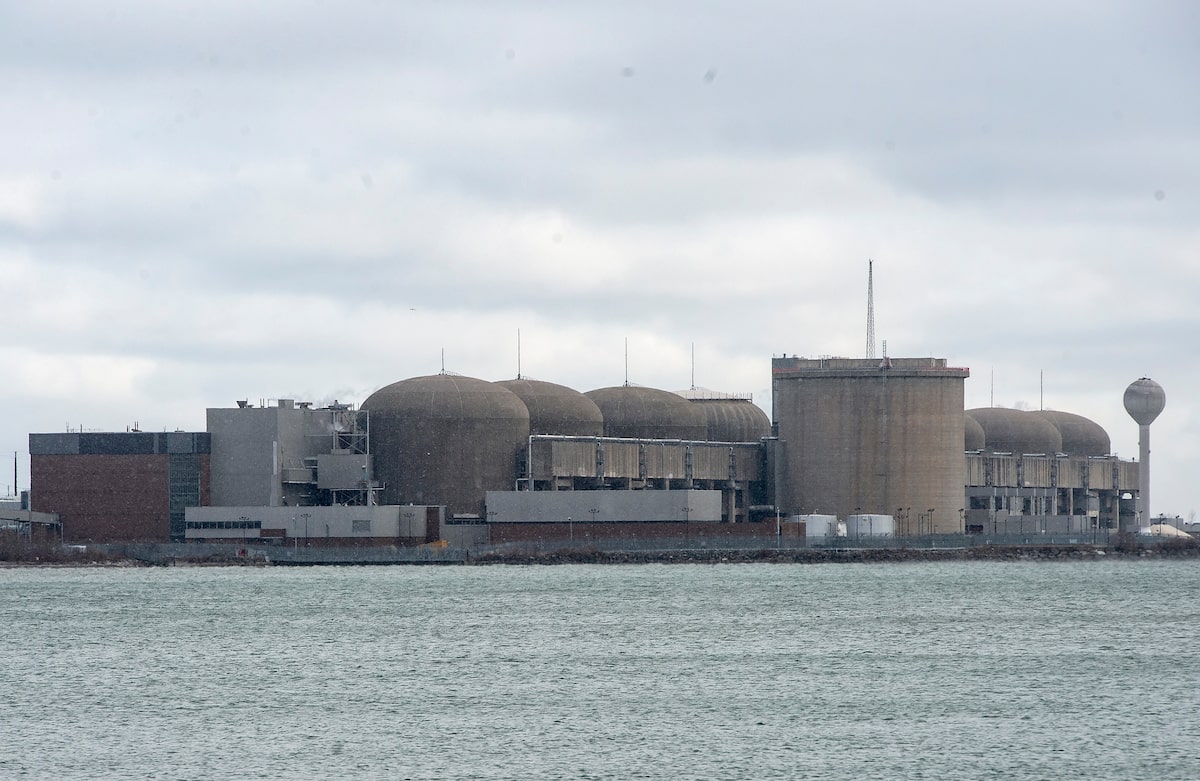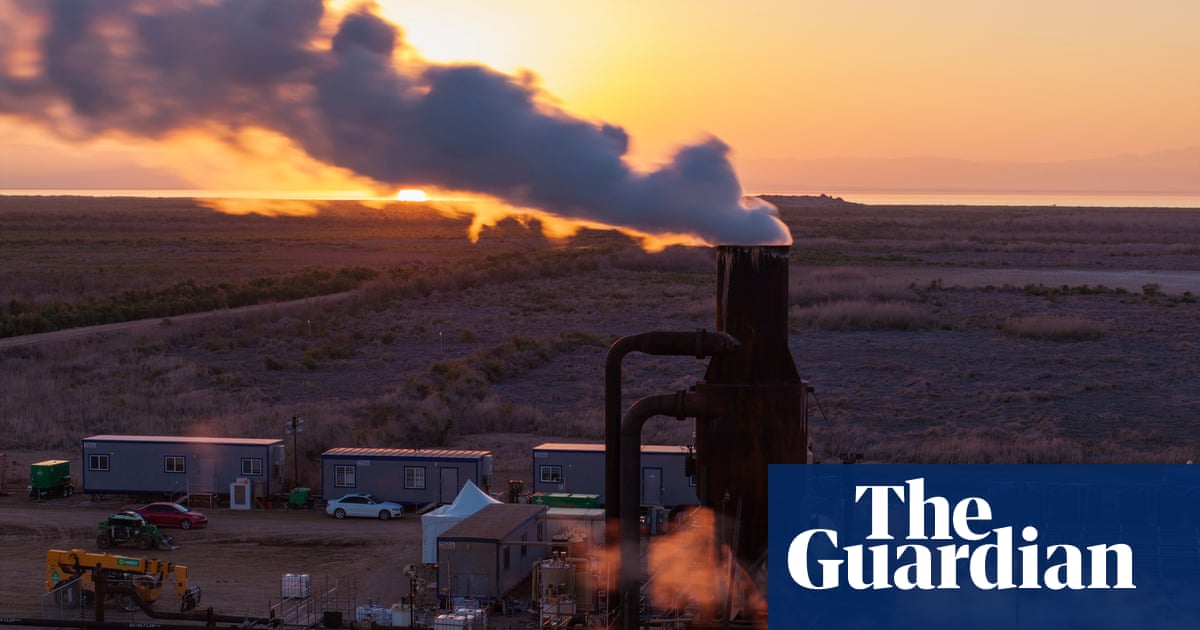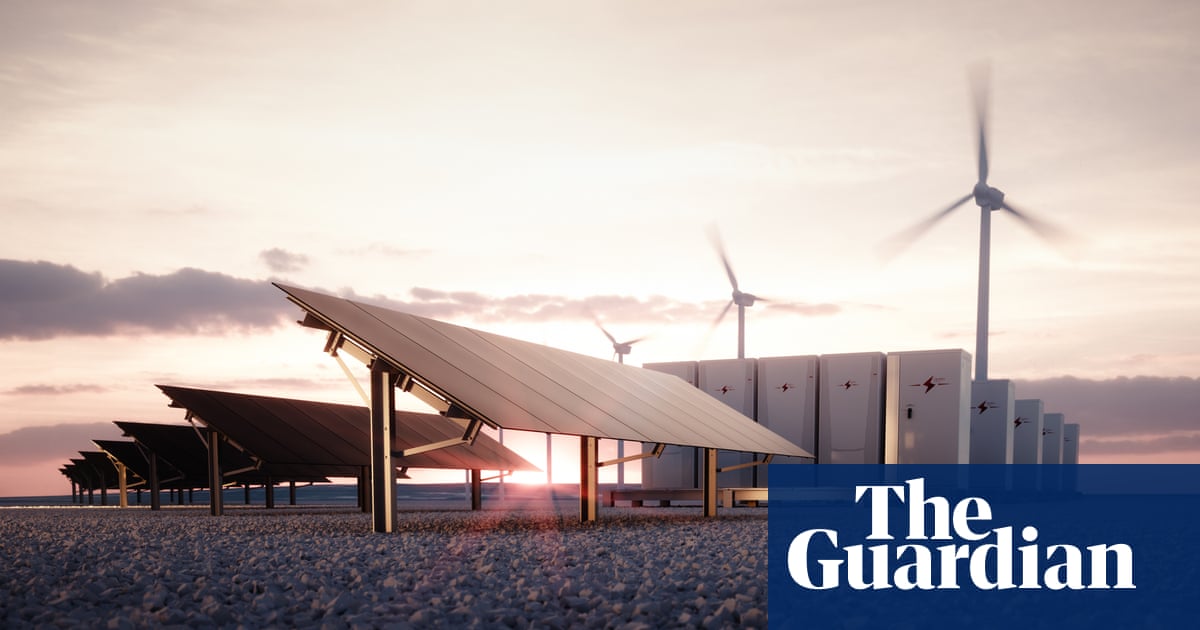navguy12
Active Member
From todays Guardian:

 www.theguardian.com
www.theguardian.com
Nuclear power output expected to break global records in 2025

Nuclear power output expected to break global records in 2025
Experts say world is ‘past peak fossil power’ but warn against uneven development of energy projects








